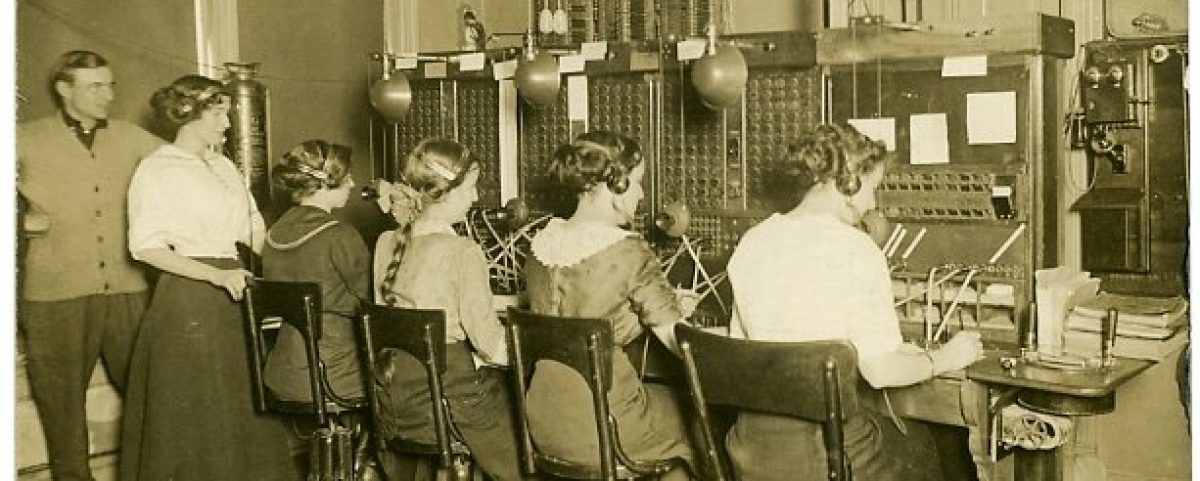Over the years, I have come to appreciate the immense value of the Clerk of the Court’s office as a repository of historical information. This sentiment was greatly reinforced during my recent visit to the Atlantic County Courthouse in May’s Landing, where I had the pleasure of meeting County Clerk Joseph J. Giralo.
When I stepped into the Clerk’s office, I was struck by his passion for local history and commitment to preserving the rich tapestry of the past in the Jersey shore county. Rather than simply handing me a stack of dusty files and sending me on my way, Clerk Giralo took the time to personally guide me through the meticulously organized records housed within his office.

As I pored over the aging bound volumes, I found his expertise and deep knowledge of Atlantic County’s public records invaluable. He pointed out hidden gems that would have otherwise eluded my search and offered insightful explanations about the significance of these often-overlooked documents.
Clerk Giralo’s enthusiasm and commitment to his role as the custodian of public records transformed what would have been a routine research experience into an enlightening and energizing journey. His guidance helped me uncover connections and insights I would have likely missed had I not had the privilege of his expertise.
By the way, a few years ago, I discovered that the clerk had digitized Atlantic County newspapers and provided free access to them online.
When tackling challenging research questions, remember that the Clerk of the Court’s office can be a source of elusive traces. Within these constitutional offices, the public records custodians maintain official documents, naturalization papers, land records, court proceedings, and other historical records. Of course, practices vary from state to state and county to county, so having a public official orient you to the practices of the jurisdiction is helpful.




